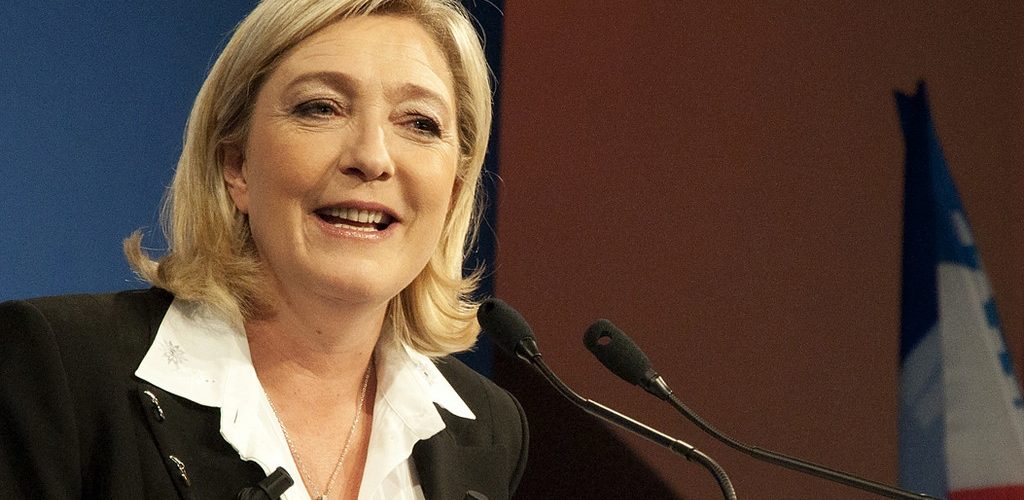Regardless of who wins the May run-off, France just received some needed change.
We still don’t know who the next French president will be. What we do know, however, is that the next president won’t be hailing from the two establishment parties—the center-right Republicans and leftist socialist party—that have held and arguably strangled French society for so long. French voters will now choose between right-wing populist candidate Marine Le Pen, a staunch nationalist, or “populist-lite” and independent candidate Emmanuel Macron.
For now, Macron remains in pole position and should be in good shape to secure the presidency. While Macron is viewed as more moderate than Le Pen, he has been subject to just as much establishment scorn as the nationalist candidate. He could become one of the few truly independent candidates to secure the highest office of a major country.
Macron was previously a member of the Socialist Party, but while working on economic public policy, his views gradually moved toward the center and became more business-friendly. Currently, Macron positions himself as more of a “centrist” aiming to roll back stifling bureaucracy, which in France all but makes him a radical outsider. Critics, however, argue that under establishment parties—including the immensely unpopular President Francois Holland—France has been stifled by convoluted regulations and exceptionally high taxes.
Macron’s rallying cry has been to “unblock France.” The would-be president wants to roll back France’s bureaucratic state, hopefully unleashing the creativity and entrepreneurial ambitions of his citizens. Macron isn’t looking to challenge the European Union but does want to strengthen its external borders.
Marine Le Pen is also an establishment outsider, heading the National Front, which advocates for insular policies. Le Pen wants to reexamine France’s role in the European Union and would likely call for a referendum to pull France out of the EU entirely. She has advocated for various forms of protectionism under the guise of “France-first” policies. She has also called for a reduction in taxes and efforts to help small businesses rather than big business.
In the first round, Macron secured about 24% of the vote, while Le Pen secured about 22%. The other two candidates, conservative François Fillion and far-left Jean-Luc Mélenchon, both secured about 20% of the vote. Fillion has already come on board to endorse Macron and has urged his supporters to stand against the far-right policies of Le Pen.
Some early polls show Marine Le Pen in the lead against Macron; however, experts believe that many of Fillion and Mélenchon’s supporters will end up in the Macron camp. Of course, elections over the past year have proven that seemingly wild upsets can occur. Either way, the advance of independent Macron and far-right populist Le Pen shows that many French voters are fed up with the status quo.

















